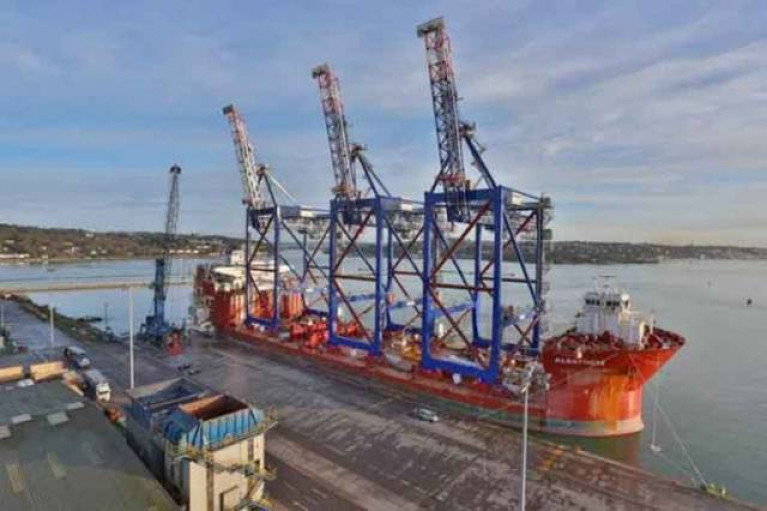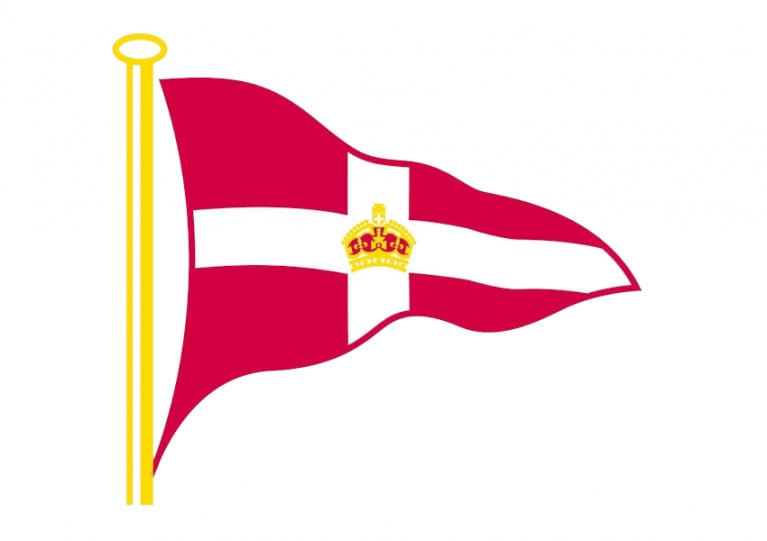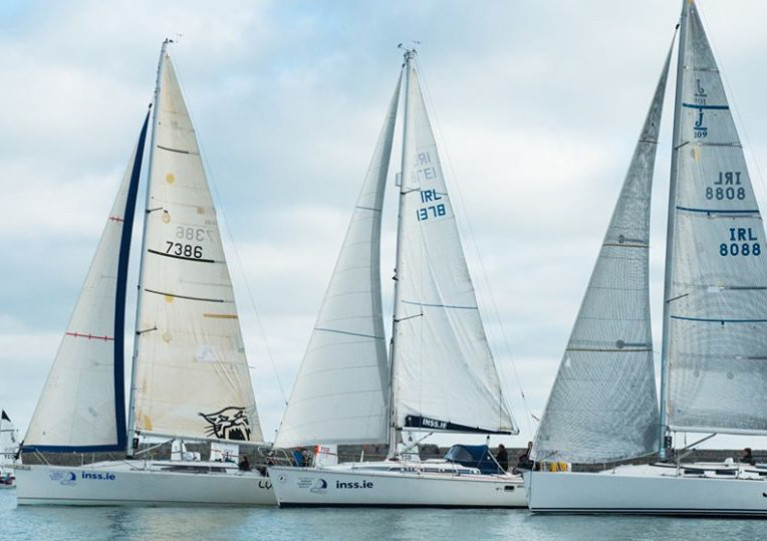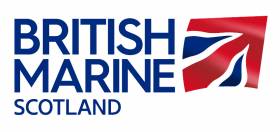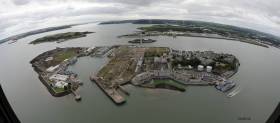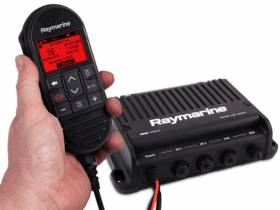Displaying items by tag: training
Rave Reviews for RYA Northern Ireland’s Regional Training Day and Windsurfing Clinic
More than 60 sailors, instructors and centre principals from across Northern Ireland gathered at Strangford Lough Yacht Club and Newtownards Sailing Club for a recent weekend of RYANI training.
The training day and windsurfing clinic allowed for all participants to develop their skills and learn about new RYA schemes. Ahead of what promises to be a busy season, it was an ideal way for members to learn how develop sailing and boating at their club.
Speaking on the training day at Strangford Lough lasyt Saturday (23 March), Bryan Monson from East Down Yacht Club said: “It was great day brushing up skills and meeting some other power boat instructors.”
Sunday (24 March) saw windsurfing and wing instructors running a clinic in Newtownards, including a chance for attendees to get out on the water and brush up on teaching skills, especially coaching on self-development.
Among the “hugely positive” feedback, Richard Robinson from County Antrim Yacht Club said: “It was a great day and a great chance to discuss some of the challenges to the development of wind and windsurfing and winging in NI.”
Boost for Coastal Communities as Skills Development and Training Eligible for Funding under Brexit Blue Economy Enterprise Scheme
The fast-changing and evolving landscape of Ireland’s post-Brexit blue economy mean the skills needed for these types of jobs in coastal communities are also changing and evolving.
Individuals already working in the blue economy who want to develop their career or those who would like start to work in the blue economy are being urged to apply for training grants of up to €10,000 available under the €25 million Brexit Blue Economy Enterprise Scheme, which is being administered by Bord Iascaigh Mhara (BIM).
The blue economy covers a wide range of economic activities within coastal communities. In Ireland, about 1.9 million people live within 5km of the coast and many communities along the Irish coast depend on blue economy industries such as tourism, fishing and aquaculture.
As well as providing funding of up to €200,000 for capital projects, the recently launched Brexit Blue Economy Enterprise Scheme also provides funding of up to €10,000 per applicant for skills development and training.
Given that many courses begin term in the autumn, BIM is calling on all interested parties to visit its website to learn more about the grants that are available for skills and development.
Brenda O’Riordan, regional officer at BIM said having the right skills and training can help businesses manage change and the growing need to be more flexible and adaptable within today’s blue economy.
“One of the certainties for anyone working today is the need to be able to adapt to change,” she said. “For example, having digital skills is increasingly important for many seafood and other blue economy businesses, as more transactions move online. This is just one example of where an individual could really enhance their skills for the benefit of themselves and the wider coastal community.”
The Brexit Blue Economy Enterprise Scheme is an initiative of the Government of Ireland and is being administered by BIM. The aim of this new scheme is to help address economic and social impact of the withdrawal of the United Kingdom from the European Union for businesses operating in the blue economy and located in communities within 10km of the coastline.
The scheme has a €25 million budget available in 2022 and 2023, funded under the EU Brexit Adjustment Reserve. For more details visit bim.ie.
National Yacht Club’s Topper Winter Training Programme Gets Under Way
The National Yacht Club’s Topper winter training programme got under way with its first session today (Sunday 10 October) at the Dun Laoghaire waterfront club.
Training continues every Sunday until the end of November, with sessions for beginner (9.30am-12.30pm), intermediate (1pm-4pm) and advanced youth sailors (1pm-4pm).
The cost for the full programme is €175. Eight club Toppers are available to charter at an extra €90, for a maximum of eight sailors per group.
All sailors and parents are also obliged to sign the code of conduct to encourage good behaviour.
New Online Course in Integrated Multi-Trophic Aquaculture
A new, free online training course in integrated multi-trophic aquaculture has been developed as part of the IMPAQT research project.
Integrated multi-trophic aquaculture (IMTA) involves farming multiple, complementary species from different levels of the food chain together for their mutual benefit.
The new massive open online course (MOOC) available on the Open University’s OpenLearnCreate platform aims to facilitate the effective transfer of knowledge on IMTA, precision aquaculture and the results of the IMPAQT project to interested stakeholders, policy makers and the aquaculture industry.
The EU’s Horizon 2020 IMPAQT (Intelligent Management System for Integrated Multi-Trophic Aquaculture) project aims to promote aquaculture production based on the IMTA concept.
Coordinated by the Marine Institute, the IMPAQT research project has developed an AI management platform which analyses the environment, fish behaviour and data from satellites and images, as well as inputs from the farmer on site.
 Alaria esculenta being brought to the surface on a long line | Credit: IMPAQT
Alaria esculenta being brought to the surface on a long line | Credit: IMPAQT
This platform provides information on fish welfare and water quality, as well as real-time operational feedback and advice to the farmer on the management of their site.
The IMPAQT system has been designed and tested at the Marine Institute’s research site in Lehanagh Pool in Co Galway, the Keywater Fisheries IMTA site in Co Sligo and four other aquaculture sites in Europe and China.
Frank Kane, Marine Institute and IMPAQT coordinator, said: “This new course presents the outputs and results from the IMPAQT project in an accessible, understandable and dynamic online format.
“The online training course will help to strengthen the research and innovative aquaculture landscape, by transferring the key aspects of IMTA to stakeholders, investors and enterprises interested in starting up or integrating an IMTA system.”
The new online course comprises four modules that can be completed in eight hours, and will be of interest to those working in the aquaculture sector (fish farmers, farm owners, regulators, policy makers) as well as those who support the sector (technology suppliers and developers, representative organisations, trainers and educators, regulators and policy makers) along with investors in the sector.
Port Of Cork ‘Driving Safety Message’ For Truck Drivers
A new online induction programme has been launched for all truck drivers entering the Port of Cork’s facilities at Ringaskiddy and the Cobblefret.
The port authority says this induction training is designed to ensure drivers are aware of the safe operating procedures in place and to help keep them safe while on the terminal.
The training involves a series of bullet points and videos followed by 20 questions — with a score of 20 out of 20 required to successfully complete the course.
All drivers are required to undertake the induction programme via tablet, laptop or desktop (no smartphones allowed) by Monday 26 October.
After this date, no truck driver will be permitted access to either Ringaskiddy Deepwater Berth or Cobblefret CLdN Terminal without having successfully completed the course, which has a two-year validity.
Drivers who have already completed the Tivoli induction are reminded that indiction for Ringaskiddy is also required (log in via the Port of Cork’s training section and select the option for Ringaskiddy).
Book Now For Powerboat Training At The RSGYC
Places are still available for the latest powerboat training course at the Royal St George Yacht Club later this month.
The two-day course, on Saturday 29 February and Sunday 1 March from 8.45am to 5pm, provides the ideal way to get afloat for the first time, or to build on skills you already have.
The Irish Sailing syllabus Powerboat II course (National Powerboat Certificate) will formally teach you the fundamentals in the safe operation of a powerboat, its preparation and allied aspects, while helping you to build your confidence on the water and get the most from your RIB or powerboat in a safe and comfortable manner.
This weekend course (which will also run in May) is priced at €260 which includes all course materials, instruction and certifications. Book online via the RSGYC website HERE.
Special February Deals On Courses With The Irish National Sailing & Powerboat School
The Irish National Sailing & Powerboat School in Dun Laoghaire is running a number of special offers for its February courses — but act fast as places are limited.
The week-long Competent Crew or Day Skipper programme runs from Monday 3 to Friday 7 February, with a reduced price for the last few places from €725 to €449.
An extra course in advance of the schedule start of this year’s Coastal Skipper courses runs from Monday 10 to Friday 14 February for a weekday adventure around the East Coast while learning advanced skipper techniques. The price for this course has dropped from €769 to just €499.
And as of this weekend, only one place remains on the Competent Crew course that pairs with the aforementioned Coastal Skipper course — meaning greater distance covered and places explored. The course fee for this reduced from €725 to €449.
Once these last few places are booked, they’re gone — so book immediately to avoid disappointment.
Bookings for this programme can be made to 01 2844195. Terms and conditions apply, and the INSS cancellation policy can be found HERE.
British Marine Scotland Members Show ‘Optimism & Confidence’ In Their Regional Marine Sector
A recent survey of British Marine members in Scotland “reveals an optimistic, confident sector”, the industry body says.
More than half of respondents to the British Marine Scotland survey earlier this year reported increased business, while two thirds declared development plans they intend to progress over the next five years.
The survey also showed more than two thirds of members saw the regional marine tourism strategy Awakening the Giant — which targets increasing marine’s economic value from £350m to over £450m by next year — as highlighting the sector’s potential.
“This response has further endorsed plans to refresh the strategy for 2020-25,” British Marine Scotland says.
Undertaken in preparation for a “refresh” of the British Marine Scotland business plan, the survey has highlighted “priority areas for development” especially in regards to training, skills and careers in the marine sector.
One response is a shift of focus from already developed boatbuilding and repair training to marina and boatyard skills, with British Marine Scotland saying it has invited partners to discuss what can be done.
The summary report on the survey is available from the British Marine website. A draft update of the Marine Tourism Strategy will be launched at the Scottish Marine Trade and Marine Tourism Symposium in Edinburgh this coming Friday 15 November ahead of a consultation period and launch of the updated strategy next spring.
Defence Forces: Hundreds Of Recruits Paid to Leave Before Completing Training
The Irish Examiner writes, the number of recruits paying to get out of the Defence Forces before their training has even finished confirms claims the retention crisis can't be overcome by major recruitment drives alone.
Figures obtained by Jack Chambers, Fianna Fáil spokesman for Defence, show that 861 personnel paid to get out of the army, naval service and air corps from 2016 to 2018. Of those, 400 were recruits in training.
In total, all those getting their discharge papers over the three-year period had to pay the Department of Defence a combined €356,813.07 to leave.
Last year 113 recruits purchased their discharges out of a total of 611 recruited across the three branches of the Defence Forces.
A further 177 seasoned soldiers, sailors and aircrew opted to get out as well. The 290 in total who chose this path had to pay the Department of Defence €143,782.60 to quit.
Click this link for more on this story.
Last Places Open On Latest VHF Radio Course At INSS
#INSS - Anyone who wants to get certified in the use of short-range VHF marine radio should look to the Irish National Sailing & Powerboat School (INSS) in Dun Laoghaire, which is running its next course from Monday.
The four-evening course taking place next Monday 22, Tuesday 23, Thursday 25 and Friday 26 October (from 6.30pm to 9.30pm each session) will put you hands-on with a real VHF radio rather than a computer-based simulator.
The INSS promises that no more than two people will share a radio at any one stage of the course which, along with the complimentary set of course notes, will equip you to pass the short exam and leave as “a hugely competent user of VHF radio”.
Over the four evenings you will learn the NATO phonetic alphabet, how to conduct day-to-day communications and make emergency or distress calls, and the workings of the GMDSS network and system.
This course is also a prerequisite for many other practical courses, and is a legal requirement for anyone who plans to use a VHF radio set.
Places are still available for next week’s course but dates are also open in the new year in late January, February and March, as well as four other courses scheduled for 2019.



























